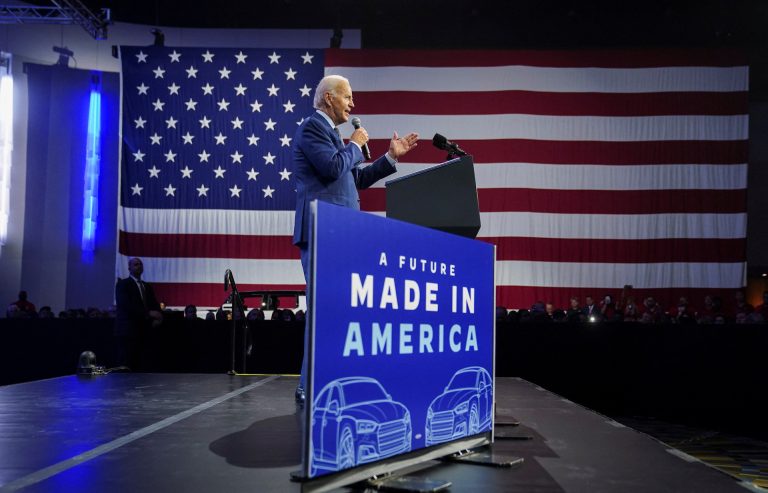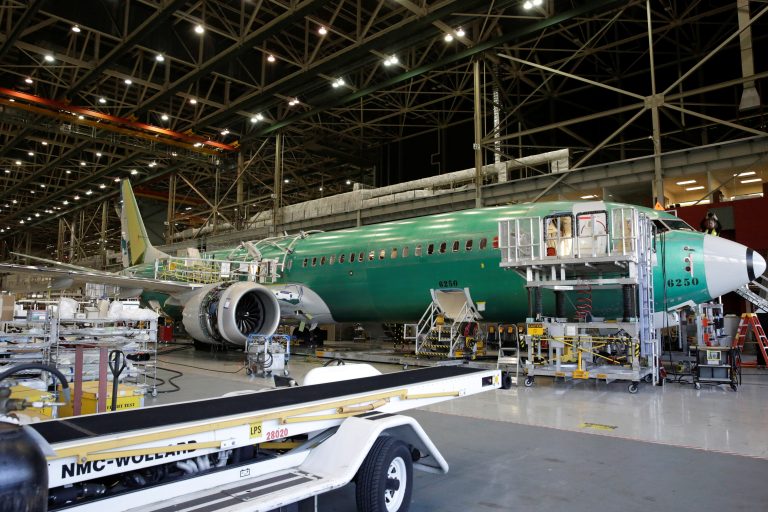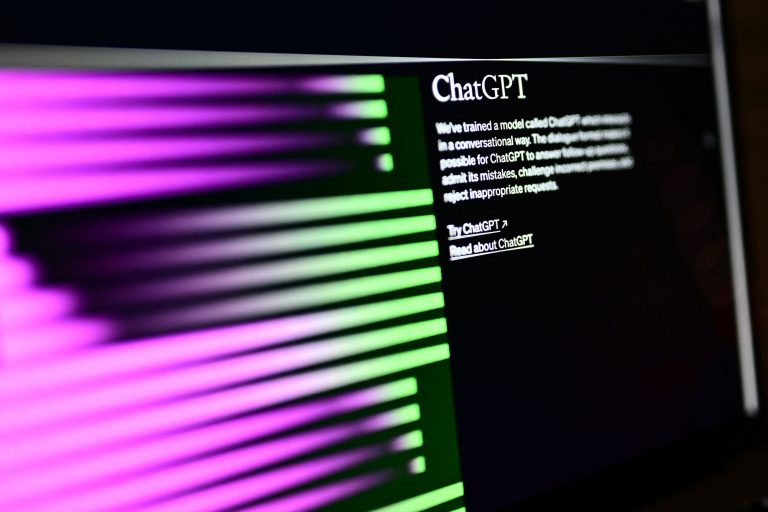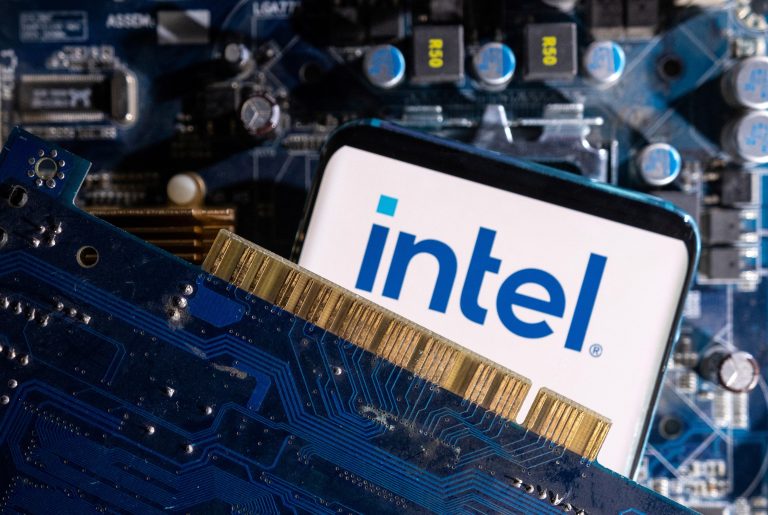WASHINGTON (Reuters) — The Biden administration said on Wednesday, Oct. 19 that it will be awarding $2.8 billion in grants to boost U.S. production of electric vehicle batteries and the minerals used to build them, part of a bid to wean the country off supplies from China.
Albemarle Corp is among the 20 manufacturing and processing companies receiving U.S. Energy Department grants to domestically mine lithium, graphite and nickel, build the first large-scale U.S. lithium processing facility, construct facilities to build cathodes and other battery parts, and expand battery recycling.
The grants, which are going to projects across at least 12 states, mark the latest push by the Biden administration to help reduce the country’s dependence on China and other nations for the building blocks of the green energy revolution.
“As the world transitions from a fossil fuel to a clean energy powered economy, we cannot trade dependence on oil from autocrats like [Russian President Vladimir] Putin to dependence on critical minerals from China,” said a senior administration official briefing reporters on the program.
Breakdown of funds
The funding recipients, first reported by Reuters, were chosen by a White House steering committee and coordinated by the Department of Energy with support from the Interior Department.
Success
You are now signed up for our newsletter
Success
Check your email to complete sign up
The funds are being doled out to a range of companies, some of which could self-fund projects and others that will see the grants as a financial lifeline to further expand their U.S. plans. The funding, though, does nothing to alleviate permitting challenges faced by some in the mining industry.
Albemarle is set to receive $149.7 million to build a facility in North Carolina to lightly process rock containing lithium from a mine it is trying to reopen. That facility would then feed a separate plant somewhere in the U.S. Southeast that the company said in June would produce as much lithium for EV batteries as the entire company produces today.
Albemarle, which also produces lithium in Australia and Chile, said the grant “increases the speed of lithium processing and reduces greenhouse gas emissions from long-distance transportation of raw minerals.”
Piedmont Lithium Inc is receiving $141.7 million to build its own lithium processing facility in Tennessee, where the company will initially process the metal sourced from Quebec and Ghana. Piedmont’s plans to build a lithium mine in North Carolina have faced strong opposition.
Shares of Piedmont rose 7.5 percent after Reuters broke the news of its funding award earlier on Wednesday. Piedmont did not immediately respond to a request for comment.
Talon Metals Corp will receive $114.8 million to build a processing plant in North Dakota in a strategy shift for the company, which has a nickel supply deal with Tesla Inc . Talon now aims to extract rock from its planned underground mine in Minnesota and ship it to a North Dakota processing facility that will be funded in part by the grant.
Talon said the grants are “a clear recognition that production of domestic nickel and other battery minerals is a national priority.”
Other grants include $316.2 million to privately-held Ascend Elements to build a battery parts plant, $50 million to privately-held Lilac Solutions Inc for a demonstration plant for so-called direct lithium extraction technologies, $75 million to privately-held Cirba Solutions to expand an Ohio battery recycling plant, and $219.8 million to Syrah Technologies LLC, a subsidiary of Syrah Resources Ltd , to expand a graphite processing plant in Louisiana.
Long-term goals
By 2030, President Joe Biden wants 50 percent of all new vehicles sold in the United States to be electric or plug-in hybrid electric models along with 500,000 new EV charging stations. He has not endorsed the phasing-out of new gasoline-powered vehicle sales by 2030.
Legislation Biden signed in August sets new strict battery component and sourcing requirements for $7,500 consumer EV tax credits. A separate $1 trillion infrastructure law signed in November 2021 allocates $7 billion to ensure U.S. manufacturers can access critical minerals and other necessary components to manufacture the batteries. The announcement on Wednesday was linked to that 2021 legislation.
The White House said in a fact sheet that the United States and allies do not produce enough of the critical minerals and materials used in EV batteries.
“China currently controls much of the critical mineral supply chain and the lack of mining, processing, and recycling capacity in the U.S. could hinder electric vehicle development and adoption, leaving the U.S. dependent on unreliable foreign supply chains,” the White House said.
In March, Biden invoked the Defense Production Act to support the production and processing of minerals and materials used for EV batteries.
The White House is also launching an effort, dubbed the American Battery Material Initiative, to strengthen critical mineral supply chains as automakers race to expand U.S. electric vehicle and battery production.
By Reuters. (Reporting by David Shepardson in Washington and Ernest Scheyder in Houston; Additional reporting by Nandita Bose; Editing by Bernadette Baum, Matthew Lewis and Paul Simao)
















